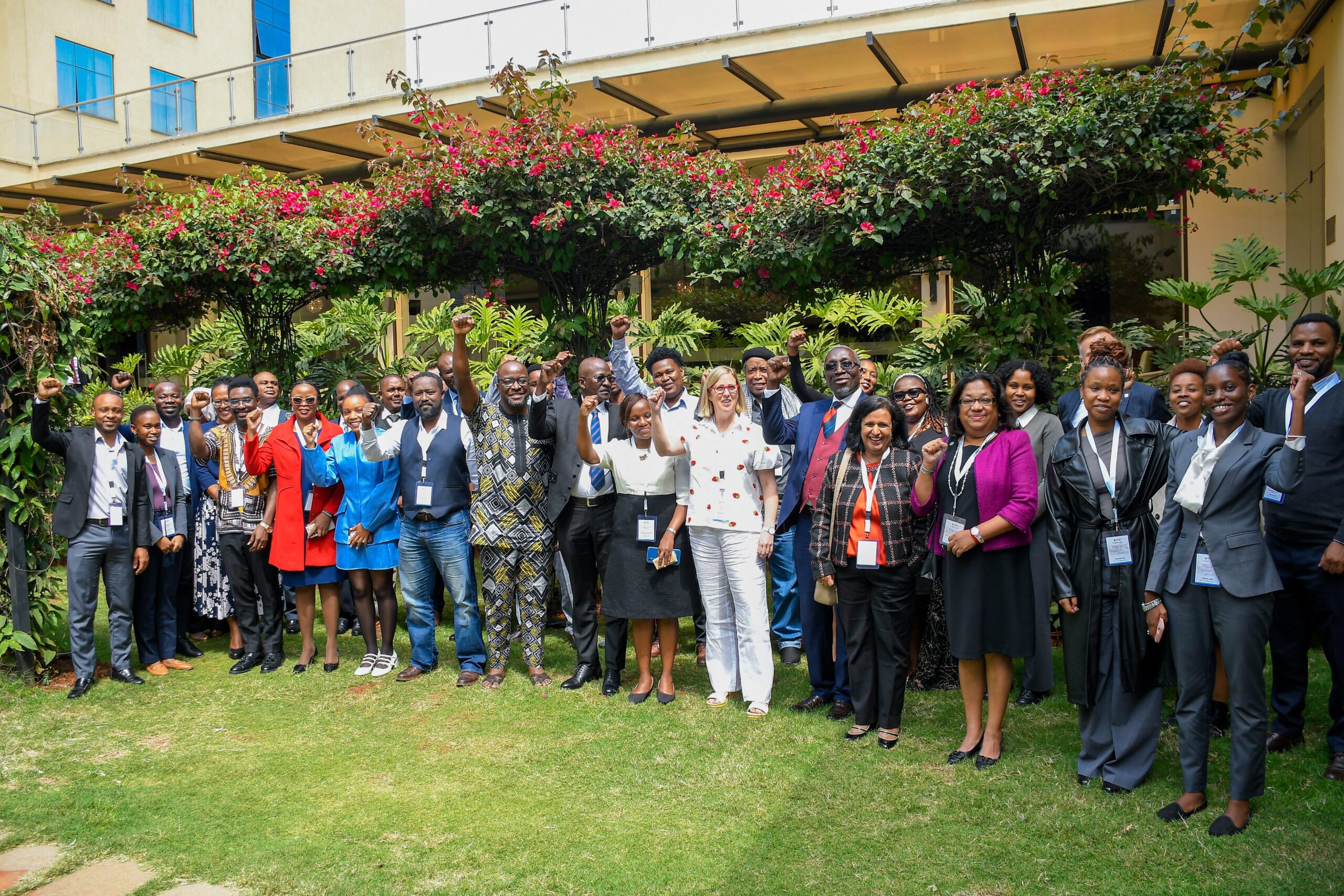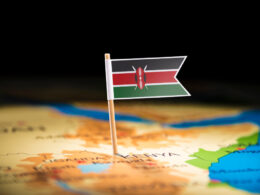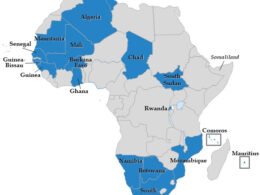NAIROBI,Kenya – The tragic story of Baby Samantha Pendo has become a haunting reminder of the barriers facing justice in Kenya, even for the most innocent of victims. Her life, taken at just six months, was marked by a horrifying brutality that should shock any nation. But seven years after her untimely death at the hands of police officers during Kenya’s 2017 post-election violence, the start of justice remains indefinitely deferred.
The case surrounding Baby Pendo’s death is as much about the horror of that fateful night as it is about the structural flaws within Kenya’s justice system. Margistrate Omollo, in a past ruling, graphically described the brutality that ensued as officers stormed Pendo’s home, wielding batons and instilling terror among residents. “A fine flower was bashed by one of the baton-wielding policemen who had laid siege to her parents’ house,”.
Yet, seven years later, accountability seems increasingly elusive. Despite the compelling inquest findings and the recent judgment by Judge Kimondo, which pointed directly to police culpability, plea-taking for the accused officers remains stalled. Eleven officers, including police commanders who oversaw operations in Kisumu during the 2017 election turmoil, have yet to be formally charged. This delay, compounded by the recent deferral of plea-taking, has left families, survivors, and the broader community in painful suspense.
This case bears particular importance not only because of Baby Pendo’s age but because it represents Kenya’s first instance of trying police commanders and officers under the International Crimes Act, a statute domesticated from the Rome Statute. The charges, ranging from the use of excessive force to sexual and gender-based violence, invoke the principle of command responsibility, where police leaders may be held accountable for failing to control their subordinates.
The promise of this trial lies in its potential to set a landmark precedent, ensuring that police commanders cannot evade responsibility when abuses occur under their watch. Yet, the continual delays illustrate the challenges of achieving such accountability, particularly in cases involving high-ranking officials. Each delay further deepens the frustration and despair of Baby Pendo’s family, victims, and human rights advocates, who see justice slipping further from reach.
Under the Rome Statute, to which Kenya is a signatory, the International Criminal Court (ICC) retains jurisdiction over crimes such as genocide, war crimes, and crimes against humanity, provided national jurisdictions fail to prosecute these cases. Known as the principle of complementarity, the ICC may intervene if it determines that Kenya is either unable or unwilling to bring justice to cases of severe human rights violations.
The delays in Baby Pendo’s case provide grounds for such concerns. Despite substantial evidence and a clear inquest outcome, the Office of the Director of Public Prosecutions (ODPP) has consistently postponed proceedings, most recently in the plea-taking stage. The lack of progress raises troubling questions about Kenya’s commitment to holding its law enforcement officers accountable. Should these delays persist, they could inadvertently invite the ICC to intervene, as Kenya’s failure to prosecute could be perceived as a lack of will or ability to address grave human rights abuses within its borders.
Kenya’s delay in prosecuting the officers involved in Baby Pendo’s death reveals larger structural issues within the justice system, especially regarding police accountability. Historically, Kenya has struggled with police impunity, particularly in cases involving excessive force against civilians. The repercussions extend beyond Baby Pendo’s case. If Kenya cannot bring justice in such a clear case of misconduct, what hope exists for other cases of police abuse, especially those involving marginalized communities without the high-profile attention Baby Pendo’s case has received?
The public’s growing disillusionment with the justice system’s handling of this case also weakens faith in democratic governance and the rule of law. Moreover, it signals a troubling precedent: that even where a legal framework for accountability exists, as in the International Crimes Act, its application remains in question.
The ongoing delay has amplified calls from civil society and human rights organizations for greater oversight, and some have suggested turning to the ICC. The court’s intervention would not only spotlight Kenya’s failings on a global stage but would also reinforce the need for timely, transparent judicial processes in cases of state-sponsored violence. ICC involvement would signal to Kenyan authorities that justice cannot be perpetually postponed, especially in cases where the abuses are so clear and the victims so vulnerable.
To prevent further erosion of public trust and to uphold the basic principles of justice, it is imperative that Kenyan authorities act swiftly. The ODPP must expedite the plea-taking process and ensure that the trials proceed without additional, unnecessary delays. The stakes of this case extend far beyond Baby Pendo’s family; they represent the collective yearning of all Kenyans for a fair, accountable justice system that values every life, especially the innocent.
The tragic story of Baby Pendo shows the importance of a justice system that serves all citizens, without delay or prejudice. The promise of the International Crimes Act and the precedent it could set is one of true accountability. But that promise, without timely action, remains unfulfilled, leaving open the painful question: If justice is delayed, is it justice at all?
The writer Thuku Mburu is a Programme Officer at the Kenyan Section of the International Commission of Jurists (ICJ Kenya). This article was first published on The Standard.










